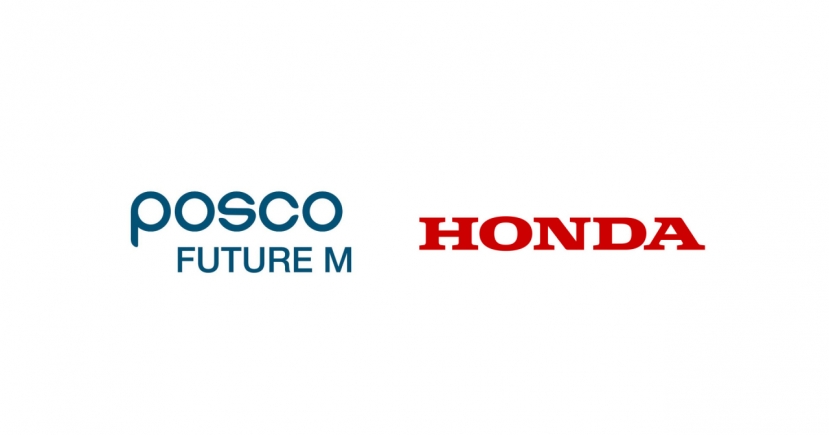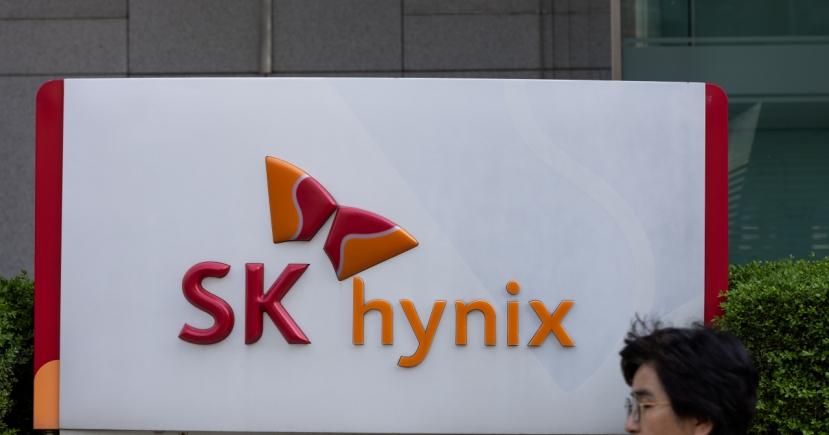Finance
HK-tied ELS sellers may face full compensation claims for losses
 |
Financial Supervisory Service Governor Lee Bok-hyun addresses the press at a briefing held at the regulator's headquarters in Yeouido, Seoul, on Monday. (Yonhap) |
With losses from equity-linked securities tied to a Hong Kong index expected to reach almost 6 trillion won ($4.57 billion) this year, South Korean financial regulators announced Monday that sellers may face full compensation for the loss.
The announcement follows the Financial Supervisory Service's inspection of local banks and brokerages that sold large amounts of ELS products tied to the troubled Hang Seng China Enterprises Index. From Jan. 8 to Friday, the watchdog conducted a thorough onsite probe into 11 financial institutes.
Companies that systematically failed to prevent misselling of the derivatives may face full compensation, while some investors could receive no compensation, depending on factors such as their experience and knowledge of high-risk investments.
The compensation plan proposed by the FSS on Monday adjusts the compensation ratio based on various criteria concerning the sellers and investors. Initially, a basic ratio of 20 to 40 percent is applied depending on the type of misselling by the sellers. An additional 3 to 10 percent is added based on the sales channels, with banks facing the highest additional percentage of 10 percent due to their inadequate internal control.
Adjustments of up to 45 percent are made based on investor characteristics, including their experience in ELS investment, trading knowledge and the company's protection of financially vulnerable groups. Additionally, other conditions not covered in the aforementioned criteria may result in adjustments of up to 10 percent, either positively or negatively.
This marks the first instance where the local government approved full compensation for financial misselling. In 2019, authorities mandated companies to reimburse investors for 40 to 80 percent of losses incurred during a similar incident involving misselling of derivative-linked funds and securities.
Despite raising the compensation ceiling, investors express concerns that the average compensation amount might be lower than during the DLF crisis, as ELS is a more standardized product and has been sold under stricter measures enforced by the Financial Consumer Protection Act following the 2019 incident.
According to the FSS, the guidelines were formulated based on numerous cases of misselling uncovered during its two-month inspection period. This encompassed aggressive promotion of ELS sales at the headquarters level, driven by excessive sales targets and key performance indicators, despite heightened risks for customers. Monitoring systems were observed to operate only perfunctorily, with essential principles, such as customer protection, being compromised.
Additional instances of misselling were identified at the individual branches, particularly targeting elderly customers unfamiliar with high-risk derivative products. These included proxy registration, document forgery and intentional distortion of information.
While taking strict action against confirmed illegal acts and irregularities, the FSS underscored its consideration of subsequent remedial efforts, including investors' compensation, in determining sanctions and penalties for the sellers.
Companies are encouraged to voluntarily initiate compensation procedures in accordance with the provided guidelines. In the meantime, the FSS will promptly begin its dispute mediation process by selecting representative cases and holding mediation committees starting in April.
"This dispute resolution standard was crafted to ensure that investors facing unjust losses receive reasonable compensation, all while upholding the principle of investor self-responsibility," stated FSS Governor Lee Bok-hyun on Monday, emphasizing, "We urge your cooperation in the compensation process to mitigate resulting social and economic burdens."
According to the FSS, the outstanding balance of the HSCEI-tied ELS products sold in South Korea stood at 18.8 trillion won as of the end of December.
Of this sum, approximately 15.5 trillion won -- constituting over 80 percent of the total -- is set to mature within the current year. Already, 2.2 trillion won has matured until February, resulting in a loss of 1.2 trillion won. Should the HSCEI remain at its current level of around 5,600pt throughout the year, the FSS projects an additional 4.6 trillion won to dissipate.
Notably, 81 percent of the total ELS products were sold by banks, with the remainder distributed by securities firms. Retail traders accounted for 17.3 trillion won of the principles invested, with elderly investors aged over 65 contributing to 30 percent of this amount.
By Choi Ji-won (jwc@heraldcorp.com)








